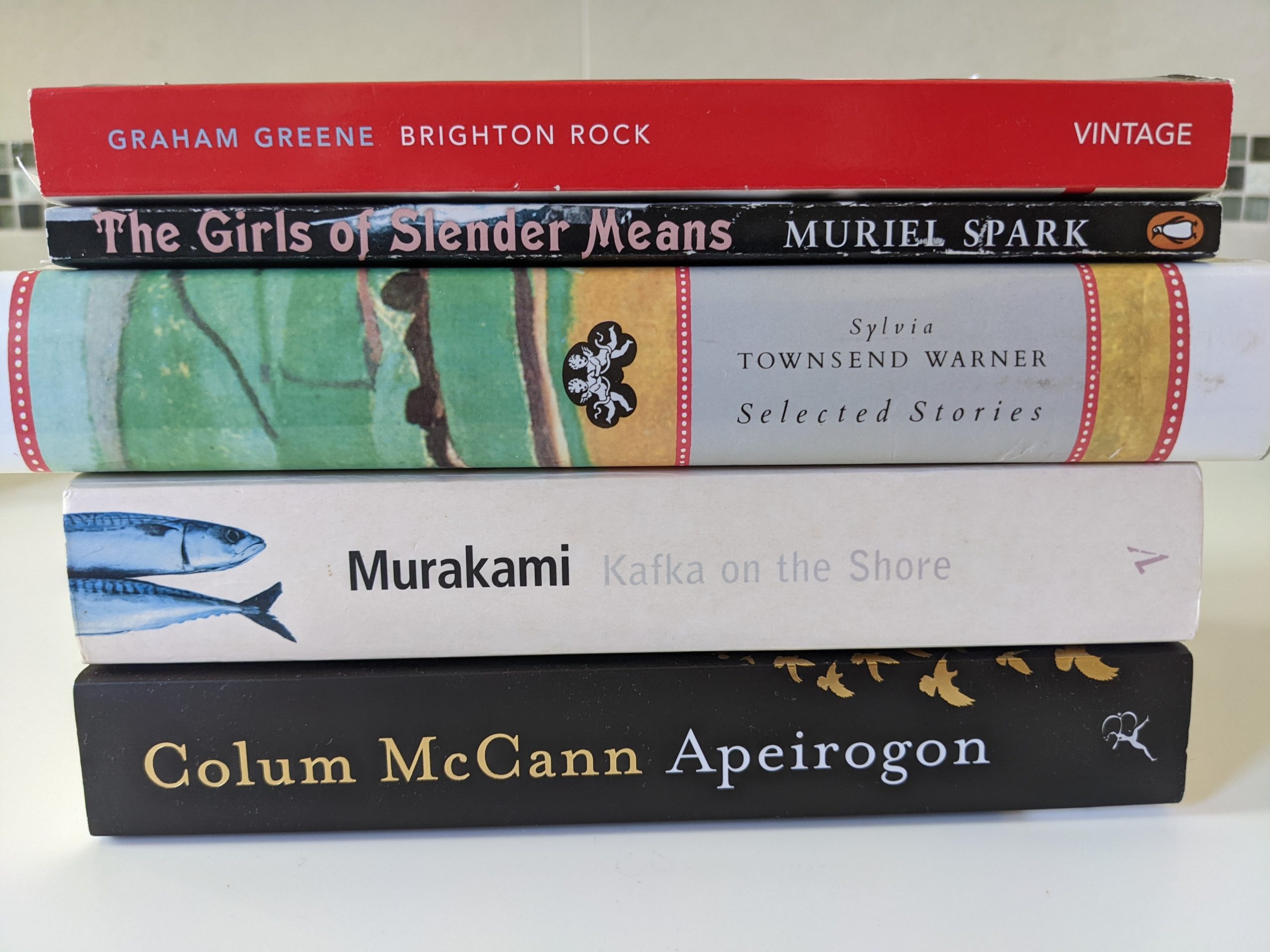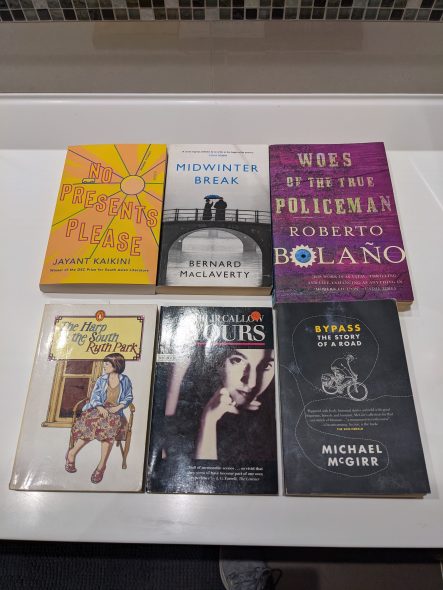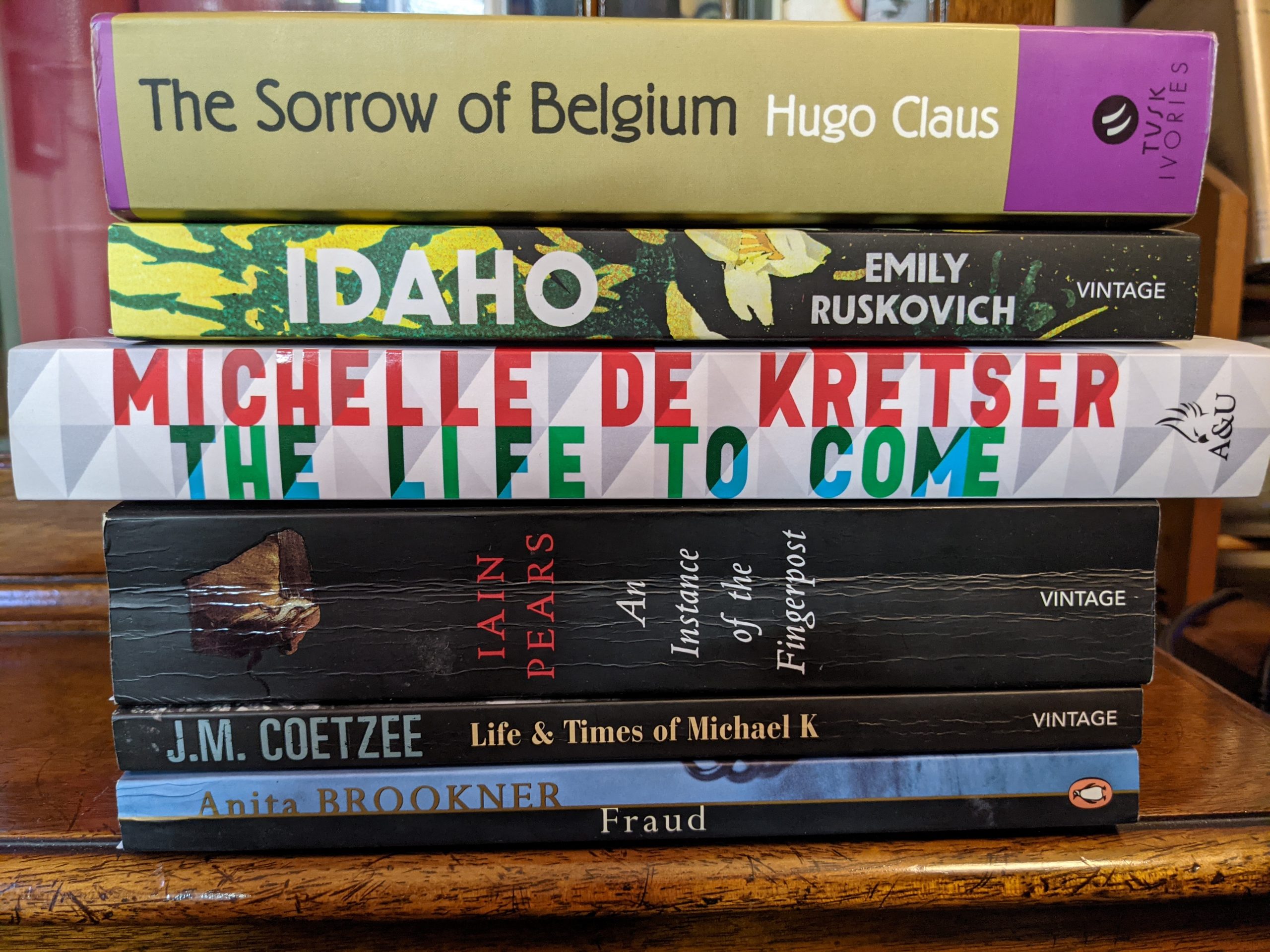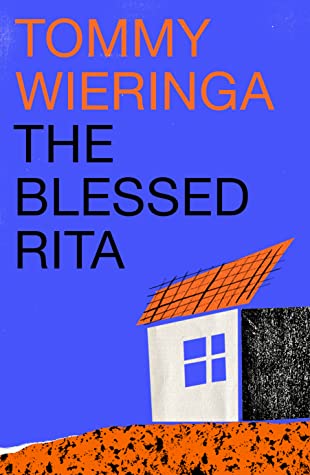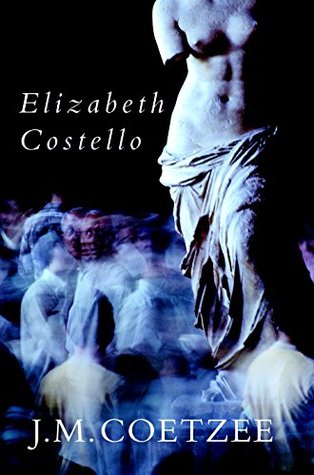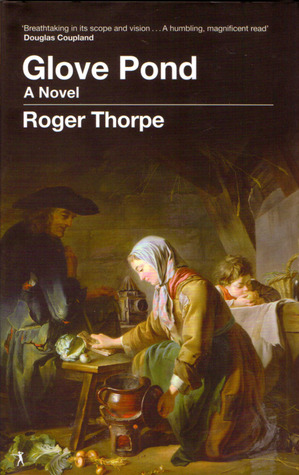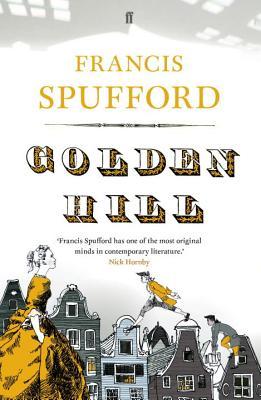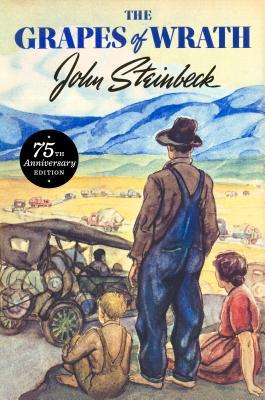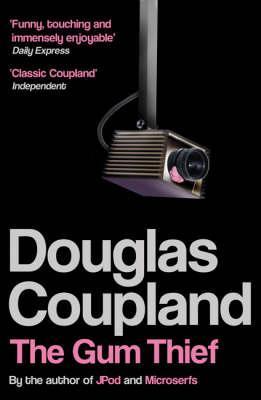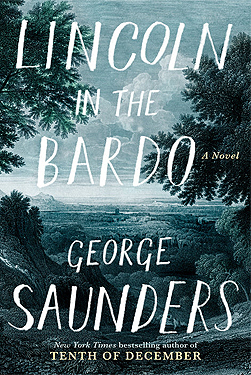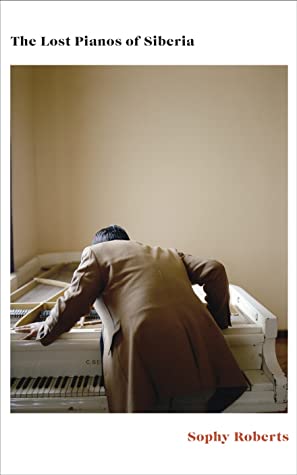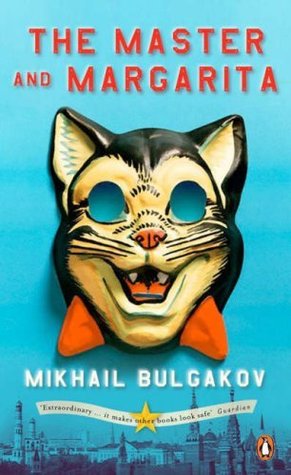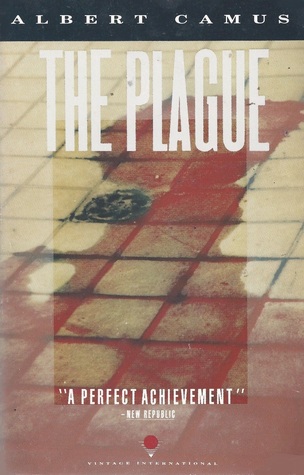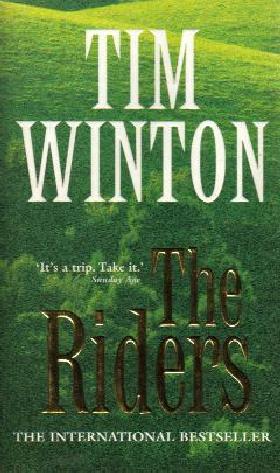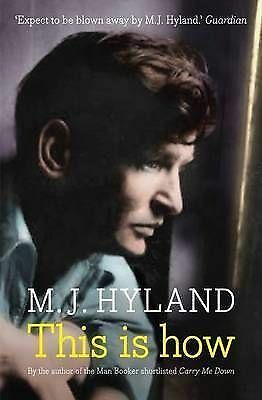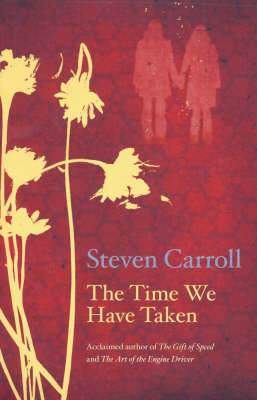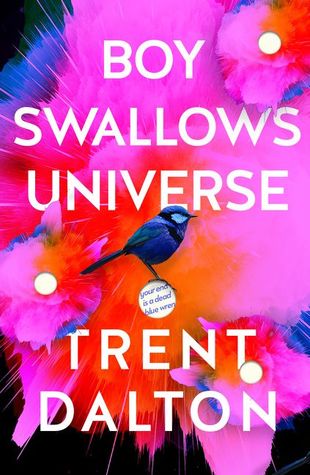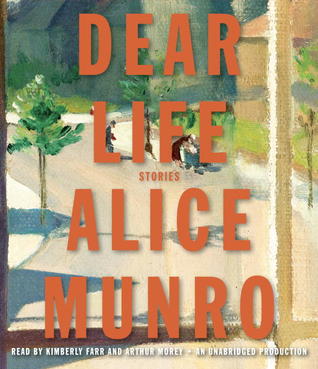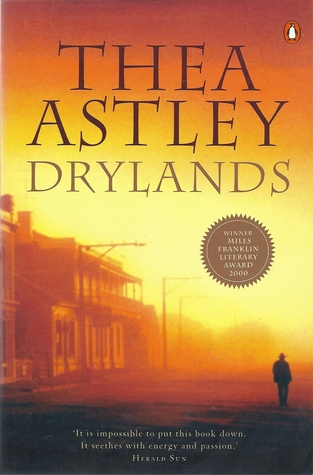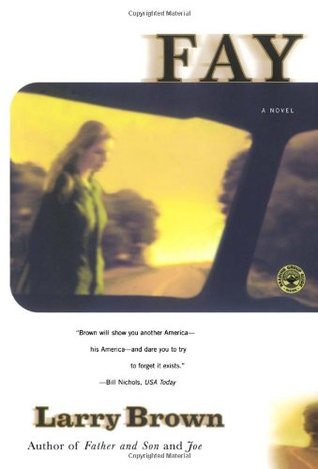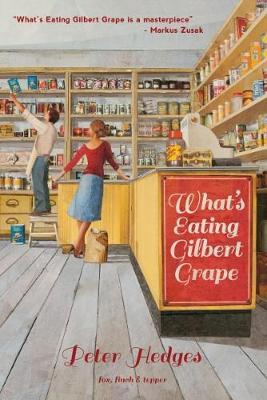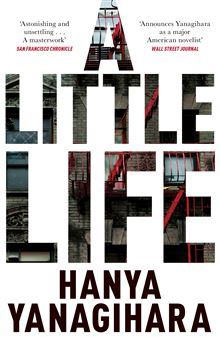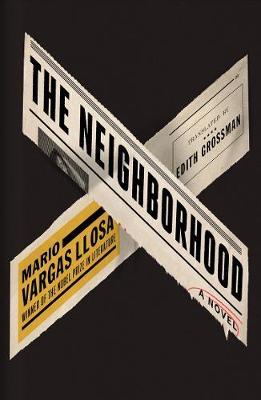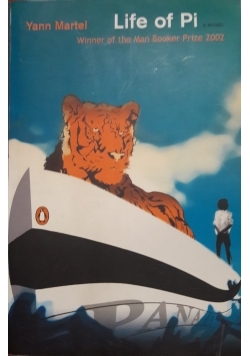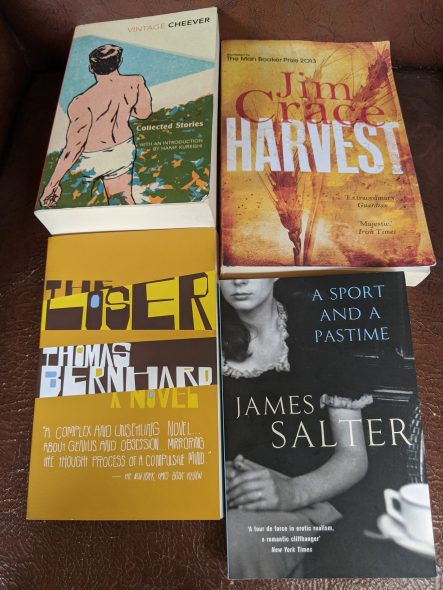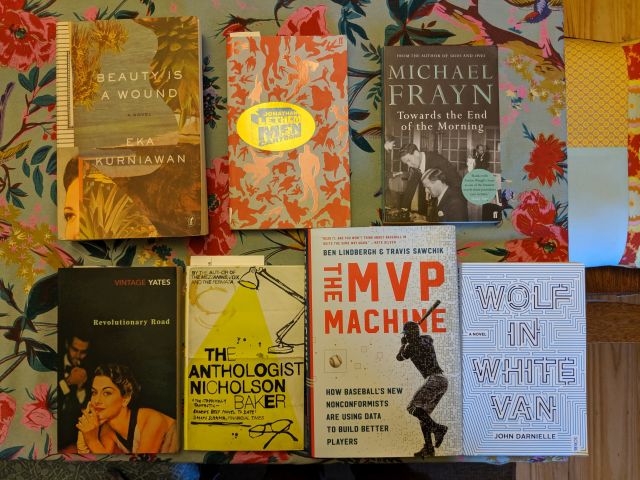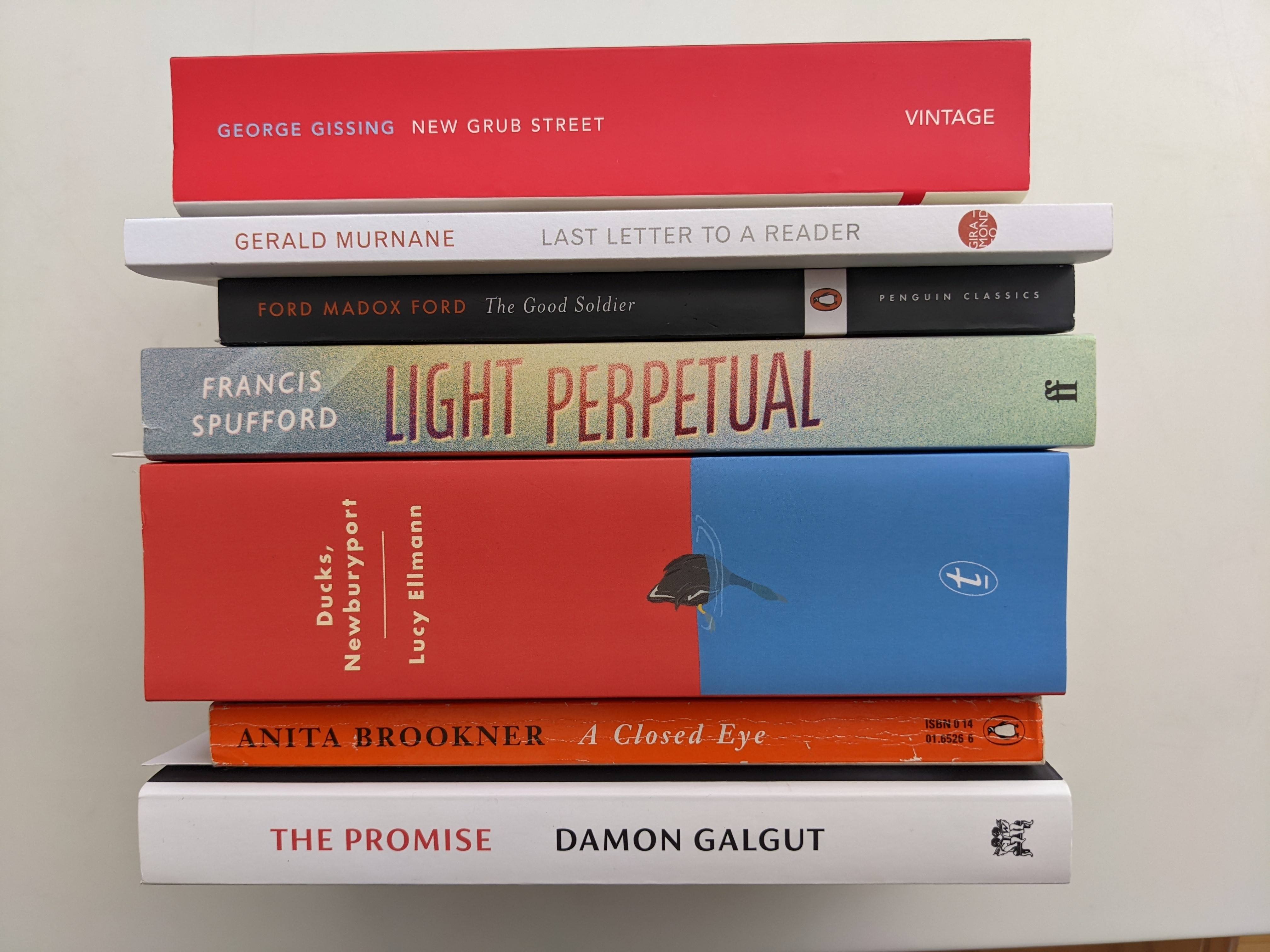
After the jubilation of his Booker Prize win, it was sobering to find that I struggled to enjoy Damon Galgut’s The Promise. The theme didn’t appeal much, and I’d say it took more than half of the book for things to accelerate to the point where I was enjoying where it was going. Amor Swart seemed an impossibly distant construct put in place to bridge the decades; barely a glimpse of her life on display. Her brother Anton was better realised, manic and overrun, disappearing into madness. Far from my favourite work of his – 3 stars.
Something more gruelling and sad was Anita Brookner’s A Closed Eye, a book I had almost no recollection of, before remembering chapter after chapter of a desperate mother seeking emotional connection with her oblivious daughter, and her repressed fascination for a friend’s husband, after settling for an older man as a young woman because her family expected it. I enjoyed it, but it was overly long – 4 stars.
I’m only putting this book in the “read” pile because it was the least read of any novel I’ve any attempted. Ducks, Newburyport by Lucy Ellmann was an impossible 1030 pages of no punctuation and a million brief ideas, bridged largely by the phrase “the fact that”, which after only 31 pages I decided was such a one trick pony of intellectual vanity and indulgence that my life should no longer be wasted on it. Unreadable as a whole – 1 star.
Light Perpetual by Francis Spufford was so forgettable that I had to flick through it for awhile to even remember the characters, and I know that sounds like it was awful, but it wasn’t. It was just a bit of a naff theme really – 5 London teenagers killed during the blitz in 1944 reimagined as leading full lives in a 21-Up-style slideshow. A well chosen title since it was upbeat and optimistic and enjoyable read – 4 stars.
It’s hard to add anything original to add to the mountain of reviews and studies of Ford Maddox Ford‘s The Good Soldier. Considered his best work, having finished it, I certainly admire the unusual structure; the delicate way the story is revealed through a series of repetitive and tortured, tangled scenes. Considering the few individuals in the novel, it was surprising how many permutations and asides Ford could wring out of them, and yet the “good soldier” himself, Edward Ashburnham still remains such an enigmatic figure till the end. How can you not start to question the narrator, when a man of so many adulterous affairs and proclivities continues to be shown in such a positive, accepting light. Circular and well worth a read again in the future, the torment of the characters is well described and believable – 4 stars.
Is Last Letter to a Reader really Gerald Murnane‘s last? I feel like he’s been threatening this forever really, but as a man in his early 80’s perhaps this is it. Dedicating a small chapter to the feelings he has for each of his previous books – of course not in as literal a way as a reader might hope, he admits to his favourite sentences in some cases, in others to his family situation when writing, and to writing droughts and unpublished dross. As always there are always mentions of his many filing cabinets of notes (for a man of some humble beliefs, the ego of this has always sat funnily with me) and again, the failed “O, Dem Golden Slippers” and his love of Proust and Emily Bronte. For the Murnane tragic (and I am one), it was a lovely slice of candour and admission. What a unique individual he is – 4 stars.
New Grub Street by George Gissing, published in 1891, continues my willling exploration into older, more moderately acclaimed titles (e.g. The Good Soldier) introduced by the interesting Backlisted podcast. A warning to the scholarly and uncommercial writer, recurring sections dealt with the misery and fate of the honest and scrupulous, and of the advantages given to populist, opportunistic writers. Far from a morality tale, the cheeky, morally dodgy guy gets the girl, which was a bit hard to take since the other blokes died or starvation or pneumonia. An enjoyable slice of life from an age of innocence in the act of turning – 4 stars.
